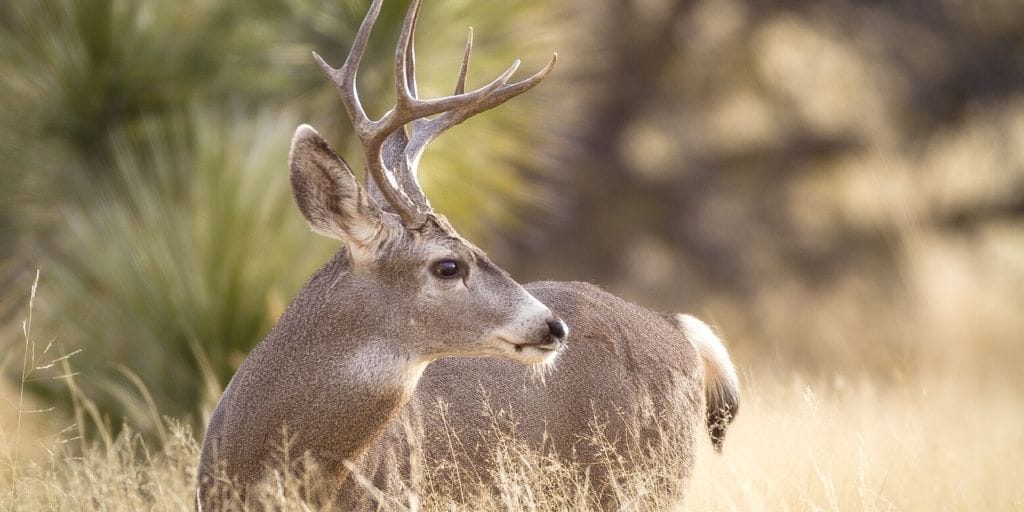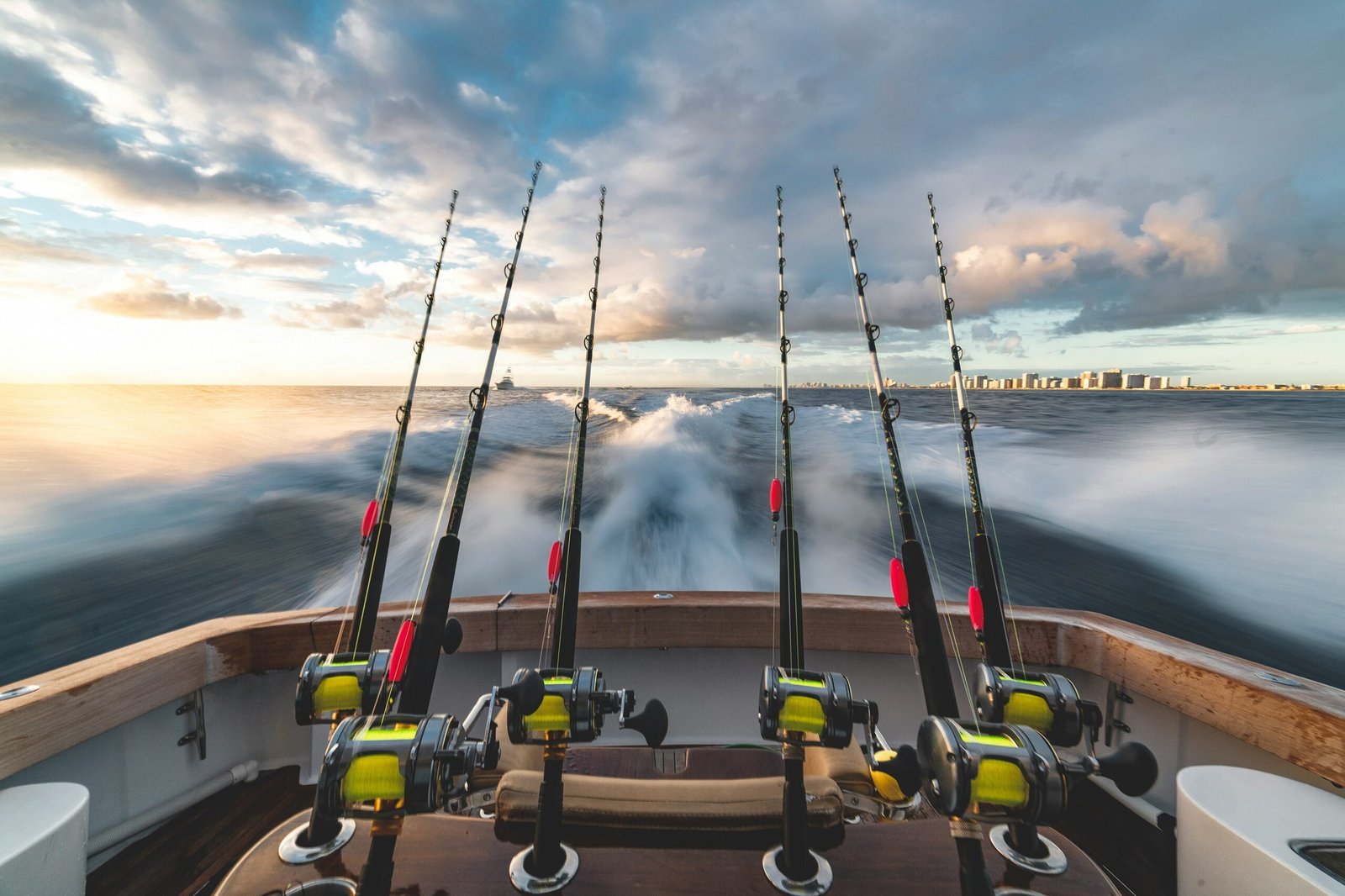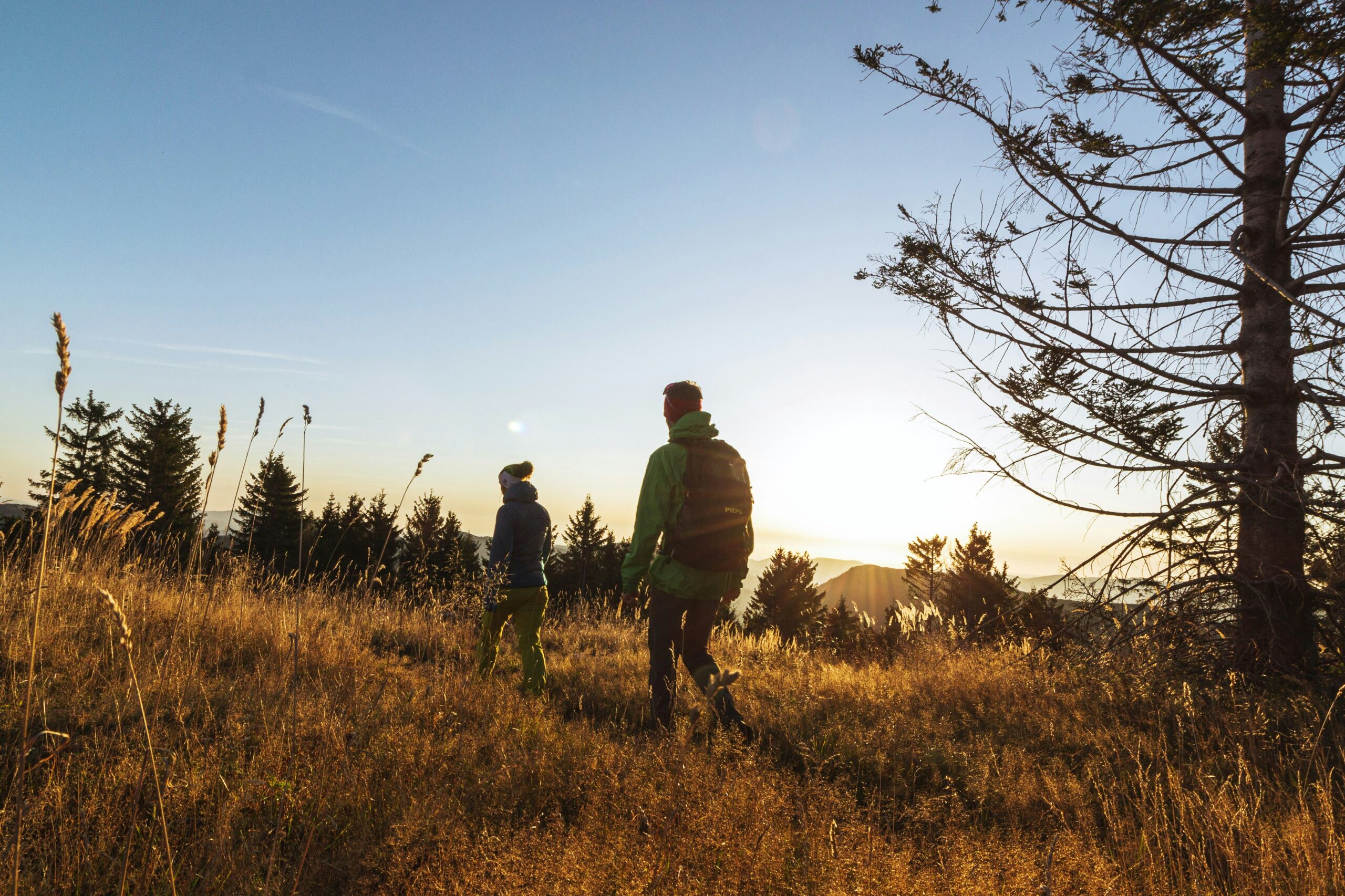The word is kill, not harvest.
We do not farm wildlife for the purpose of backing up the slaughter truck and hanging wildlife in a line on hooks and gambrels for mass consumption by the general public.
As much as people would like to think, or call wildlife theirs, it is simply not true. No one “owns” wildlife. And while we hold wildlife in public trust here in the United States under the North American model of wildlife management, they are not, in fact, ours to do with as we please.
When did we become soft? When did we as hunters fall into the trap of pandering to anti-hunters and using terms that do not explain exactly what we do? We kill animals. Period. And even that is still a vague explanation, so let me clarify. When we are successful as a hunter, we kill an animal; otherwise, we are just taking a nature hike and hopefully gaining experience along the way.

Harvest is traditionally a term used in farming. The act of farming yields a renewable product that can be harvested for consumption. Harvest is a result of humans having control of the birth, cultivation, and subsequent harvest of a resource. We do no such things with wildlife. And wildlife do no such thing to each other. The wolf does not harvest the deer, it kills the deer. The wolf does not cultivate it’s prey for the future.
Harvest did not become a term used to describe the killing of an animal until the United States became a politically correct nation in or around the 1960s. And since, the United States has become so politically charged that several state wildlife management agencies have adopted the term into their roles or mission statements.
As a result, this is where we cut ourselves short. This is what distances us further away from the rest of the world. And I realize I may lose some audience after the next statement but here it goes. We are not stewarding the land, but the land is a steward of us. It provides for us. It will heal itself.
Now, we can obviously overuse the earth’s resources and then cease to exist, but the earth will replenish itself whether we are here or not. To be a steward means we are separated and in charge of anything in existence when in fact, we are dependent on all that is provided to us.
By now you are probably wondering where this is going and that some of it may seem contradictory. If we regulate hunting, aren’t we creating a resource that is renewable? Maybe. But hard as we try, we have no control over the environment or natural disasters that wipe out thousands, if not millions, of living beings.
Talking with a friend on this topic recently, she offered this explanation which I happen to agree with. You can not harvest any part of an animal for food unless you kill it first. (Let’s just leave crabs out of this. Those sea bugs can just keep doing their thing as long as they let us periodically take those claws… But I digress.) You must first kill an animal in order to eat it. You can certainly just kill an animal and leave it lay. Or you can kill an animal and then harvest its hide, fur, flesh, bones, etc. and then process, butcher, and reuse any or all of its parts.
I believe it is important to be as accurate as possible when discussing hunting with anyone whether they agree with what you do or not. Hiding behind sugar-coated words that skew reality is what got us as hunters into this mess in the first place. As the population of large metropolitan cities continues to grow, so grows the number of people unaware of where their food comes from. The grocery or market simply does not produce animal protein from thin air. Someone killed that animal for the consumer.
For me, if a person does not want to do the killing, that’s fine. But they need to understand that some people will kill for themselves and others. And there is absolutely nothing wrong with enjoying that kill. The amount of effort and luck needed to be successful at killing is a concept that few grasp. And though they do not agree with the process, their existence is based purely on ancestors who did kill to survive. It is in their blood and DNA whether they want to acknowledge it or not.
So, if kill is such a sharp word, why use it? Because it is exactly the verb, exactly the act, to describe what we as hunters do. It does not have to be used in elaborate or gruesome stories to describe success but rather just a word, accurately spoken, to explain the very nature of a successful hunt. We kill the animals we hunt.


